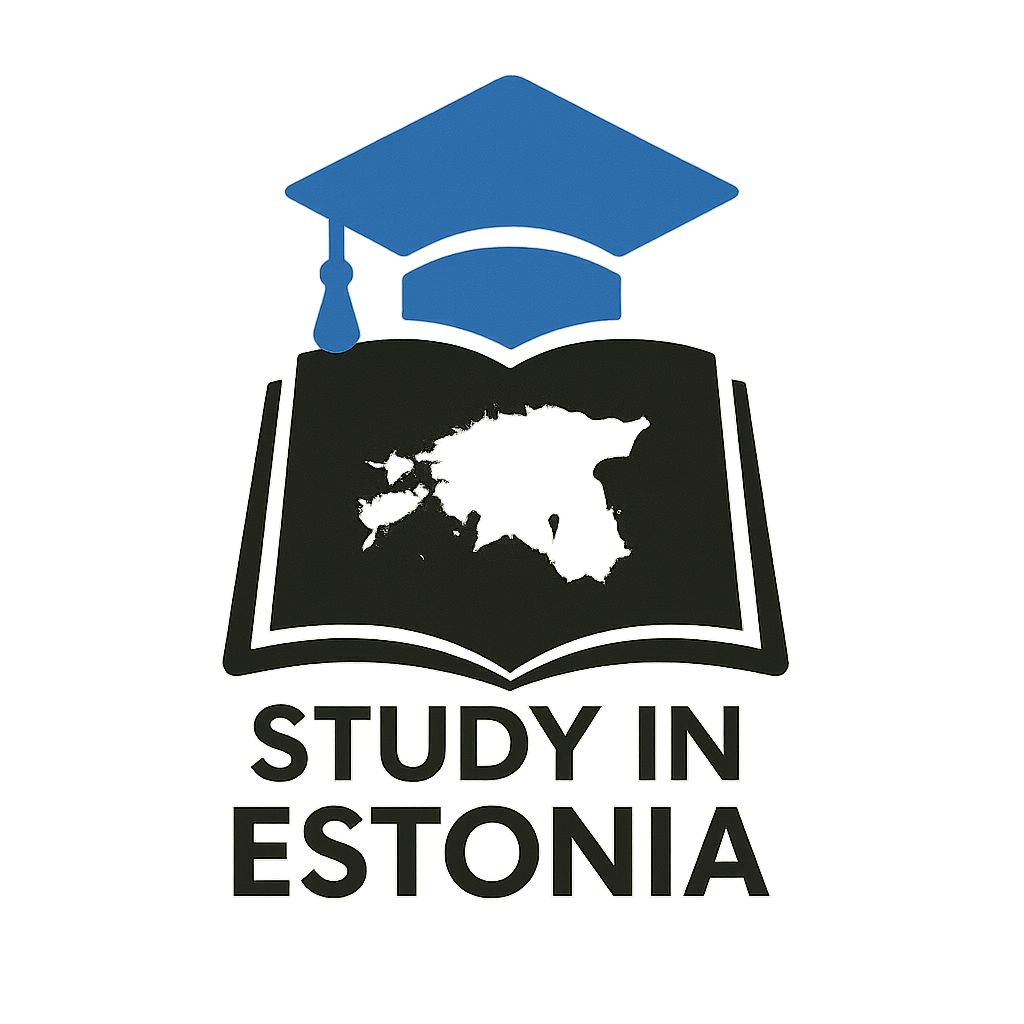Choosing the Right Study Program in Estonia: A Comprehensive Guide for International Students
2. Identify Your Interests and Career Goals
3. Research Universities and Programs
4. Language Requirements
5. Assess Practical Details
6. Consider Cultural and Lifestyle Factors
7. Seek Advice and Support
Conclusion
1. Understand the Education System
Estonia’s higher education operates on a structured system consisting of three main cycles: bachelor’s, master’s, and doctoral degrees.
- Bachelor’s Programs: Typically lasting for three to four years, these programs cover a wide array of disciplines including social sciences, natural sciences, and technology.
- Master’s Programs: These usually require 1.5 to 2 years of study and often involve deeper specialization.
- Doctoral Programs: Traditionally lasting up to four years, they focus on research and advanced scholarly work.
Many Estonian universities have embraced the European Bologna Process, ensuring their programs are compatible with education systems across Europe, with a credit-based structure that facilitates mobility and recognition. For a comprehensive overview of the Estonian education system, visit Study in Estonia.
2. Identify Your Interests and Career Goals
When choosing a program, it’s important to reflect on your personal interests and career aspirations:
- Traditional and Emerging Fields: Estonia offers diverse fields of study, including innovative areas like digital transformation and innovation alongside established subjects.
- Long-Term Goals: Ensure that the program you select aligns with the skills or qualifications you desire for your future career.
3. Research Universities and Programs
Estonia is home to 11 universities, each offering unique opportunities. Some of the leading institutions include:
As you explore programs, consider:
- Curriculum and Structure: Review the details of the program including required courses, duration, and study format.
- Accreditation and Recognition: Confirm that the degree is accredited and recognized globally by checking the university’s standing in international rankings.
- Research Opportunities: Look for programs that offer research components or internships in your area of interest, which can significantly enhance your educational experience.
For more on the various programs available, check out the official guides on Study in Estonia.
4. Language Requirements
Most international programs in Estonia are taught in English. However, you will need to demonstrate your proficiency through standardized tests like TOEFL or IELTS.
- Preparation Courses: If required, consider enrolling in English preparation courses offered by universities to fulfill language requirements and enhance your proficiency before starting your studies.
5. Assess Practical Details
Understanding the practical aspects of selecting a study program is crucial:
- Application Process: Each university has specific entry requirements. Common elements include:
- Academic transcripts
- Proof of English proficiency
- A CV, reference letters, and a personal statement.
Deadlines typically occur in winter (January-February) or summer (June-July). For precise timelines, consult the admissions section of the university you are interested in.
- Tuition Fees and Scholarships: Tuition fees in Estonia are competitive compared to other European countries. Additionally, various universities and organizations offer scholarships and financial aid. Investigate the availability of funding options for international students.
- Living Costs: Factor in the cost of accommodation, transportation, and daily expenses when budgeting for your stay in Estonia.
6. Consider Cultural and Lifestyle Factors
Estonia is renowned for its high quality of life and innovative digital infrastructure. As an international student, you’ll have the chance to immerse yourself in vibrant culture and explore the country’s rich history.
- Language Courses: Most universities offer Estonian language courses, which can enhance your experience and help you connect with locals.
- Cultural Experiences: Take advantage of opportunities to explore Estonian traditions, festivals, and picturesque landscapes.
The academic year generally begins in September, consisting of two semesters.
7. Seek Advice and Support
Universities in Estonia provide extensive support services through their international offices. These teams assist students with:
- Application support
- Adjusting to life in Estonia
- Addressing questions regarding courses, housing, or residency permits
Utilize these resources to make your transition smoother and ensure a successful academic experience.
Conclusion
Choosing the right study program in Estonia requires careful consideration and thorough research. The country’s education system offers value through internationally recognized degrees and numerous opportunities for both personal and academic growth. As you prepare for this significant step, remember that help is at hand.
At Study in Estonia, we are committed to providing international students, recruiters, and educational professionals with the resources and insights they need to navigate their educational journeys with confidence. If you’re interested in partnering with us or have any questions about studying in Estonia, we invite you to contact us for more information. Together, we can pave the way for a rewarding educational experience in this dynamic country.
Take the Next Step with Study in Estonia
Explore further to find the perfect study program for you:

